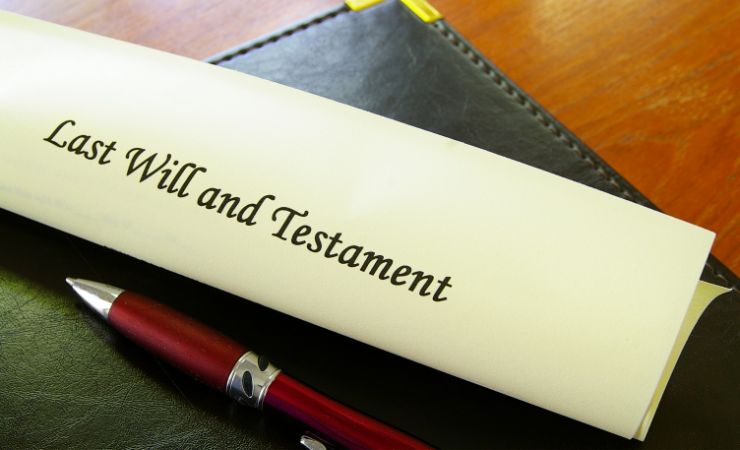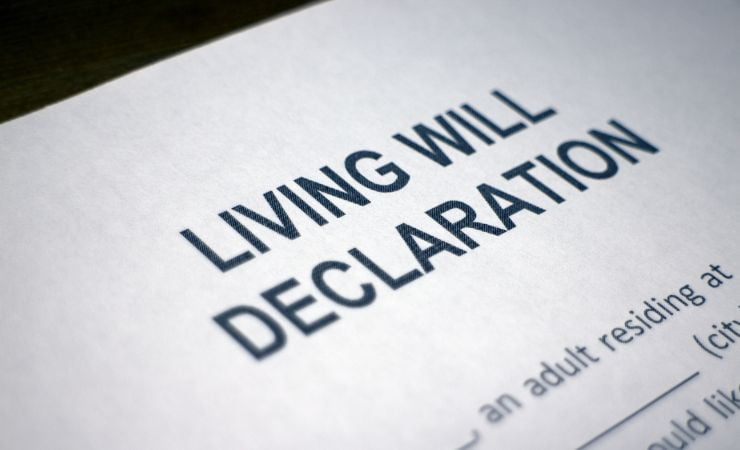Can a Will Be Changed After Probate in California?

Navigating the probate process can be tricky, especially after it has started. One of the main aspects of the probate process is evaluating and legitimizing the will involved. When going over these stipulations during probate, problems with the will may surface. Despite the probate process seeming final, there are ways to change or challenge a will once it has begun.
Is Probate Necessary If There Is a Will?
If someone is listed as an executor in someone’s will, they might need to submit a probate application. This legal instrument enables them to distribute the decedent’s estate according to the terms of the will. They can manage the estate without always requiring probate. If they are listed as executors in someone else’s will, they might need to submit a separate probate application for that specific will. In both cases, being the executor of the estate allows that individual to follow the terms of a will and divide an estate among beneficiaries. However, depending on the value of the estate, probate may not be necessary. Estates valued at less than $184,500 do not need to go through probate.
Can Probate Be Challenged?
If they received notice of a petition for probate on a will that they want to contest, they must attend the first hearing and object. The court will then give them time to submit a written challenge and a complaint against the legitimacy of the will. In it, they must outline the legal justifications supporting their challenge. Those objecting still have one more option to challenge a will before it is admitted to probate and deemed legal. One can seek the court’s withdrawal of its order admitting the will to probate by filing a petition with the court within 120 days of the probate being opened.
Although not all estates must go through the probate procedure, the bulk will be handled by the courts. It is frequently a streamlined procedure with little court supervision. A living trust will automatically transfer title to the beneficiary, so an estate placed in one will not need to go through probate. There is no need for probate if all an estate’s assets are connected to beneficiaries or are awarded upon death, like a life insurance policy.
Can a Will Be Challenged?
In California, it is legal to challenge a will. It happens more frequently than one might imagine. Those who are contesting will require a foundation for their case. A person’s will cannot be contested because they were unhappy with the gift they received or did not receive. If they are a beneficiary under the will, such as a son, daughter, spouse, parent, etc., they very certainly have the right to contest the will. They will also have the right to contest a choice if they were a beneficiary under an earlier version of it even though they are not heirs (i.e., one that granted them a more valuable inheritance than they are receiving now).
The steps to challenge a will are as follows:
- Consult a skilled will contest lawyer who can assist in reviewing the facts of a case first. An experienced will contest lawyer can help decide whether to pursue the case from a financial and emotional point of view.
- In the county court where a relative lived, submit a petition opposing the will.
- Third, cooperate with a will contest lawyer to identify additional relevant data and potential witnesses who might support these claims and assist with contesting the will.
- Finally, once all the necessary data is collected, the case is ready for filing a dispute. However, practically all courts will strongly advise the parties to attempt to settle.
The best way to submit a case to the judge and court when making legal claims to dispute a will is with the assistance of a knowledgeable probate law attorney. They can make sure that the contestation claims are set forth clearly and comprehensively. By following the proper filing procedures and finding the right representation, contesting a will is possible.
FAQs
Q: Can an executor change a will after probate?
A: An executor cannot change or override the provisions of a will, except in certain rare instances. Executors are legally obligated to follow the terms of the will during the probate process, such as asset distribution to the will’s designated heirs, as they serve as fiduciaries to the estate’s beneficiaries. An executor cannot override the intention of the will to alter the distribution formula unless extremely specific circumstances arise when the terms of the will cannot be upheld.
Q: Does probate override a will?
A: Probate and having a will are two very different processes. They do indeed both refer to afterlife events. Probate permits the personal representatives to carry out the testator’s instructions. A will allows the testator—the person who creates the will—to record their wishes. The question of whether probate is required is unaffected by the existence or lack of a will.
Q: Do you get the original will back after probate?
A: The original will can be kept at the Probate Registry if the executors of the estate have successfully applied for a probate grant. Executives will keep the original will if the grant is not required. The executors ought to have a copy or two of the will on hand in either case.
Q: What happens if a will turns up after probate?
A: The grantee of the initial probate grant or, if different, the executors listed in the subsequent will should apply to rescind the grant of probate if the new will is legitimate. Additionally, a request for a fresh grant in support of the later will’s representatives should be presented at the same time.
Legal Help With the Probate Process
Going through probate can be exceedingly stressful. Trying to change or contest a will can make that process even more difficult. Before taking on such a tremendous task, it is wise to consult a professional probate lawyer to help with the process. At Sweeney Probate Law, our team can help those looking to contest a will through that process, even after it has been entered into the probate process. For more information, visit our website and contact us for a consultation today.







